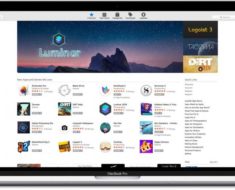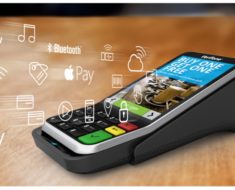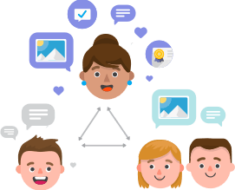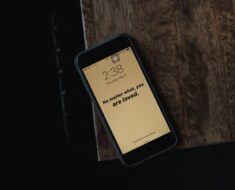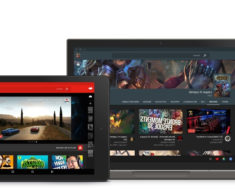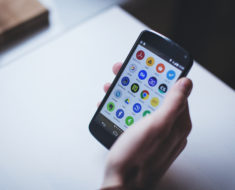It seems that every time you check your news feed, a new data breach is announced that has compromised hundreds of thousands of people’s private information. It is increasingly difficult to use any online service without some of your preferences and habits being tracked and shared. In fact, your personal data has become so important that it is now the most valuable commodity in the world, surpassing even oil. So, there is a reason for a little concern and paranoia on the subject. There is, however, one area in which the sharing of information can benefit all of us: healthcare. Your medical information is some of the most private and personal data a person could possibly access. You certainly wouldn’t want a hacker to run off with it, so why would you want to publicly share it?
Oren Frank, the founder, and chief executive officer of Talkspace, makes a compelling argument advocating for exactly that. In a recent article for the New York Times, Frank laid out the case for the need to share information between medical organizations, pointing out that there is no need to be worried about people knowing your “history of arrhythmia or the results of a recent blood test.” The real problem is not the sharing of this data but, rather, the intent of the people and organizations who can obtain it and what they choose to do with it.
Frank believes that it is time to develop a new way of looking at privacy when it comes to health. He believes that by opening up and sharing our medical histories, we could play a critical role in medical innovation. He points to the fact that “aggregated healthcare data has the potential to be a public good, part of a collective effort to develop new medical treatments, improve clinical outcomes across medical fields, and save lives.”
In theory, he is correct; the healthcare data that currently exists includes a wealth of profiling information like family history, socioeconomic background, and geography, in addition to our medical information. In an attempt to protect our privacy, Congress passed the Health Insurance Portability and Accountability Act (HIPAA) in 1996. This landmark health privacy legislation remains intact to this day, but before HIPAA, providers, and pharmacies had the ability to share protected health information, which included any identifying information related to medical history, conditions, and treatment. However, medical records in the ‘90s were not digitized but handwritten and filed in alphabetized paper folders by an office administrator.
In 2009, Congress passed the Health Information Technology for Economic and Clinical Health Act. This legislation was designed to incentivize providers and clients to adopt the use of technology and electronic medical records, effectively doing away with the file folders. Improvements in data storage and computational technology since 2009 have pushed medical advancements forward at a rapid pace since providers and researchers no longer have to rely on the knowledge and skill of a single individual or research facility. They can now test hypotheses in real-time, track outcomes of limited data sets, and develop theories based on patterns over time with the help of a computer.
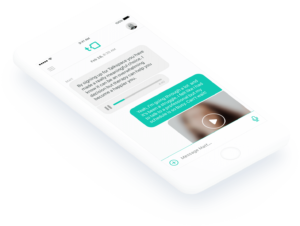
Oren Frank’s Talkspace Text Therapy App
The next leap forward is going to depend on the wealth of client health data being collected and digitized each day. If the information can be anonymized and shared as an aggregate, our health records could become part of a large-scale data set. Frank sees this as the key that medicine needs “to improve the diagnosis and treatment of illnesses across all medical fields using machine learning algorithms.” He says that “the more anonymous data we collect – demographic and medical – the better we can identify causes of illnesses, diagnose early, and develop better treatments.” Tying this information together into an anonymous data set would give medical researchers the ability to draw connections between previously disconnected information. Examples of such connections exist between diagnoses and geography, medication protocol and lifestyle, and treatment success and medical history.
Computers are simply better than people at recognizing patterns, especially when it comes to large amounts of information. There are many examples of how computers can analyze our medical information to improve our health. However, many consumers worry about the potential for harm caused by a data breach, which may outweigh the potential good that a database of medical records could do. There is potential for damage, and medical information is more complicated than other forms of data. The fact is that digital health data is being collected every day and is already subject to the same risks that all digital information is subject to. The only difference is that our digital healthcare data has the potential to provide tremendous opportunities for medical research and treatment. As Frank puts it, “why not go ahead and put this information in the hands of the right agents and establish strict regulation and enforcement protocols in the process?”
It’s time to start thinking about our healthcare data as part of a vast well of knowledge that can be drawn on to contribute to the greater good of society. Your data can help scientists and researchers across disciplines develop better predictive models to enable earlier diagnoses and, eventually, better treatments. Your healthcare data could even be lifesaving for someone who has a similar medical condition to you. In Frank’s own words, “the right thing to do with your data is not to guard it, but to share it.”
Dil Bole Oberoi
